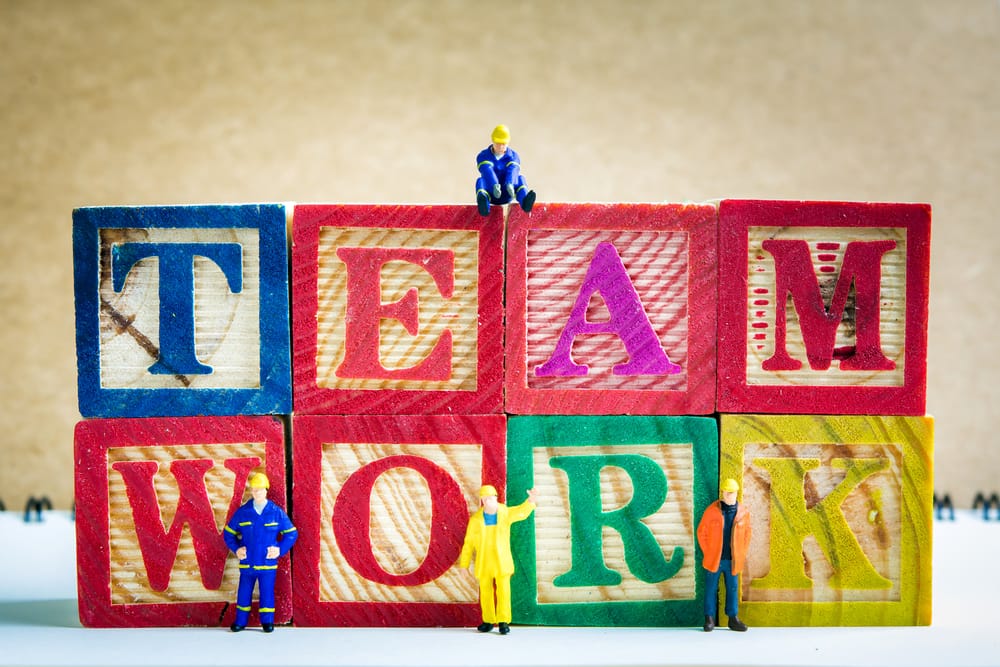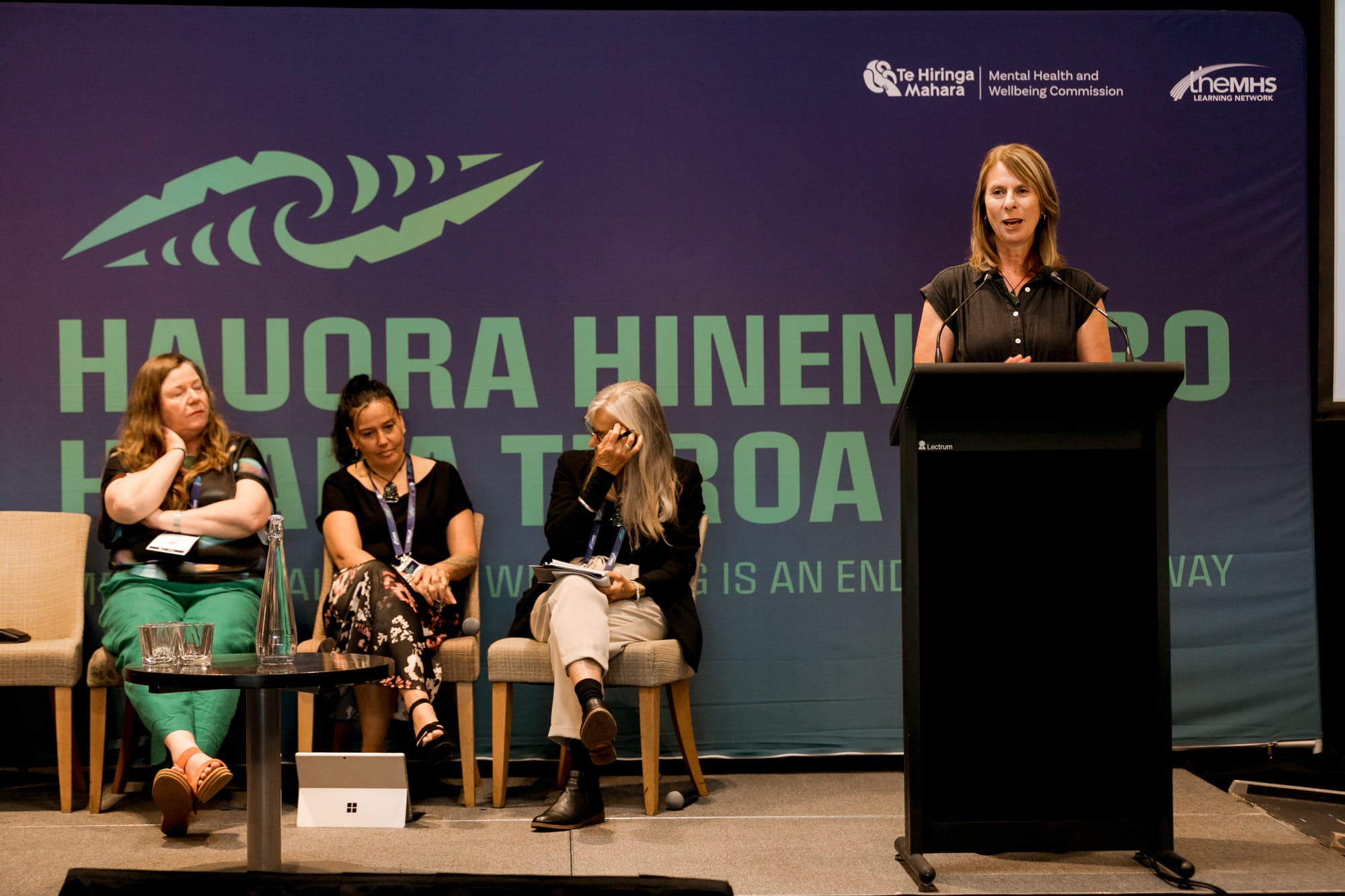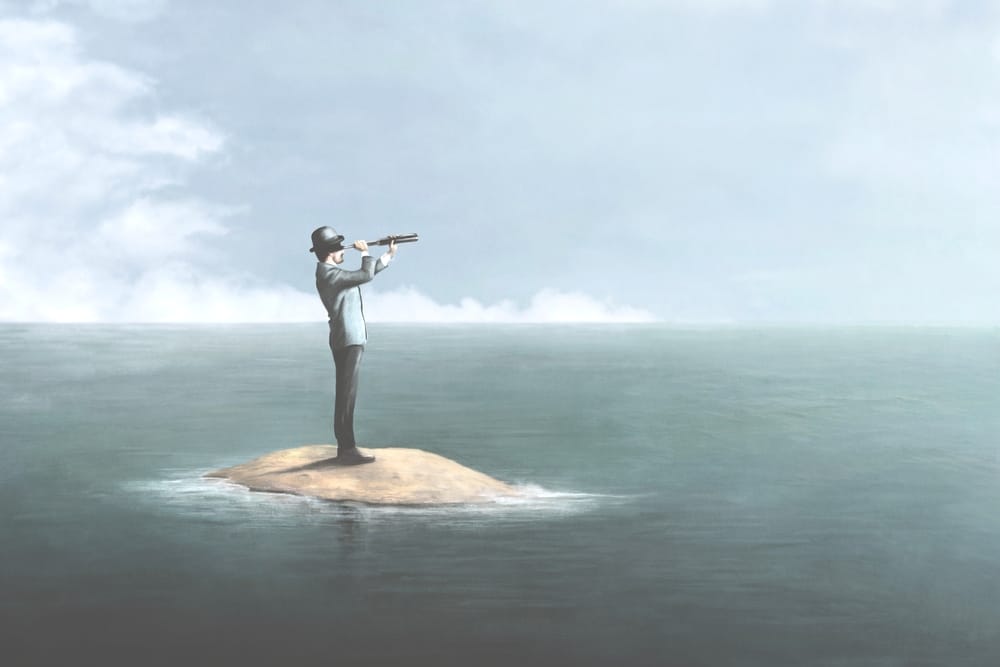
Bold horizon
Following the publication of the very excellent report A Sound Investment that sets out the worth and value of the NGO impact in mental health and addiction, I want to continue the conversation by considering the worth and value of what we do from the perspective of - what would happen if we didn't do the mahi .If you haven't had a chance to reflect on the report here it is
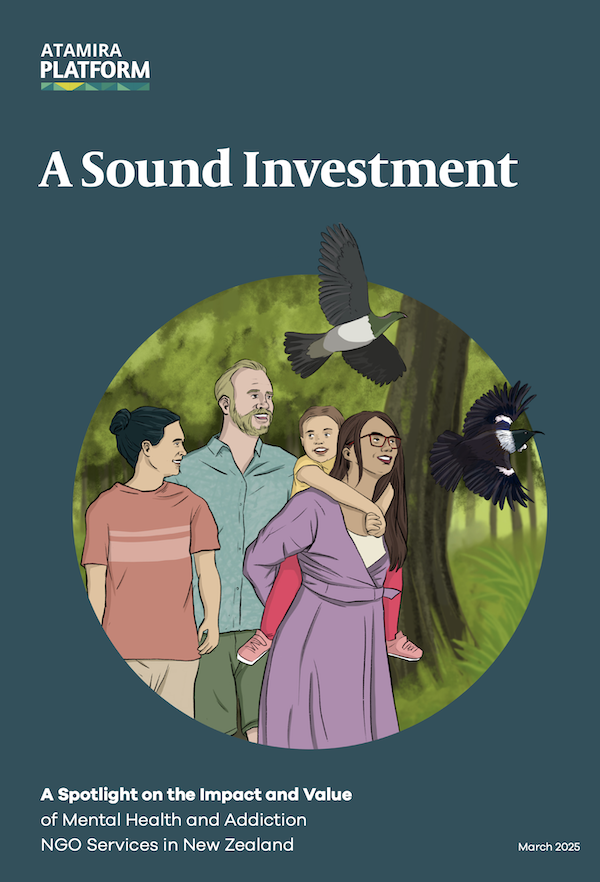
What if NGOs simply didn't exist?
It’s a question that should chill anyone working in mental health and addiction. Strip away NGOs and you don’t just lose services—you lose the soul of the system. You lose innovation, leadership, community, and accountability. You lose people.
Engine room
Too often, NGOs are treated as peripheral—nice-to-haves when the core system is overburdened. A prop supporting clinical teams. But here’s the truth: we’re not the prop. We are 41% of the sector. That’s not an accessory; that’s the engine. Remove us and you wouldn’t just feel the gap—you may hear the system screech to a halt..
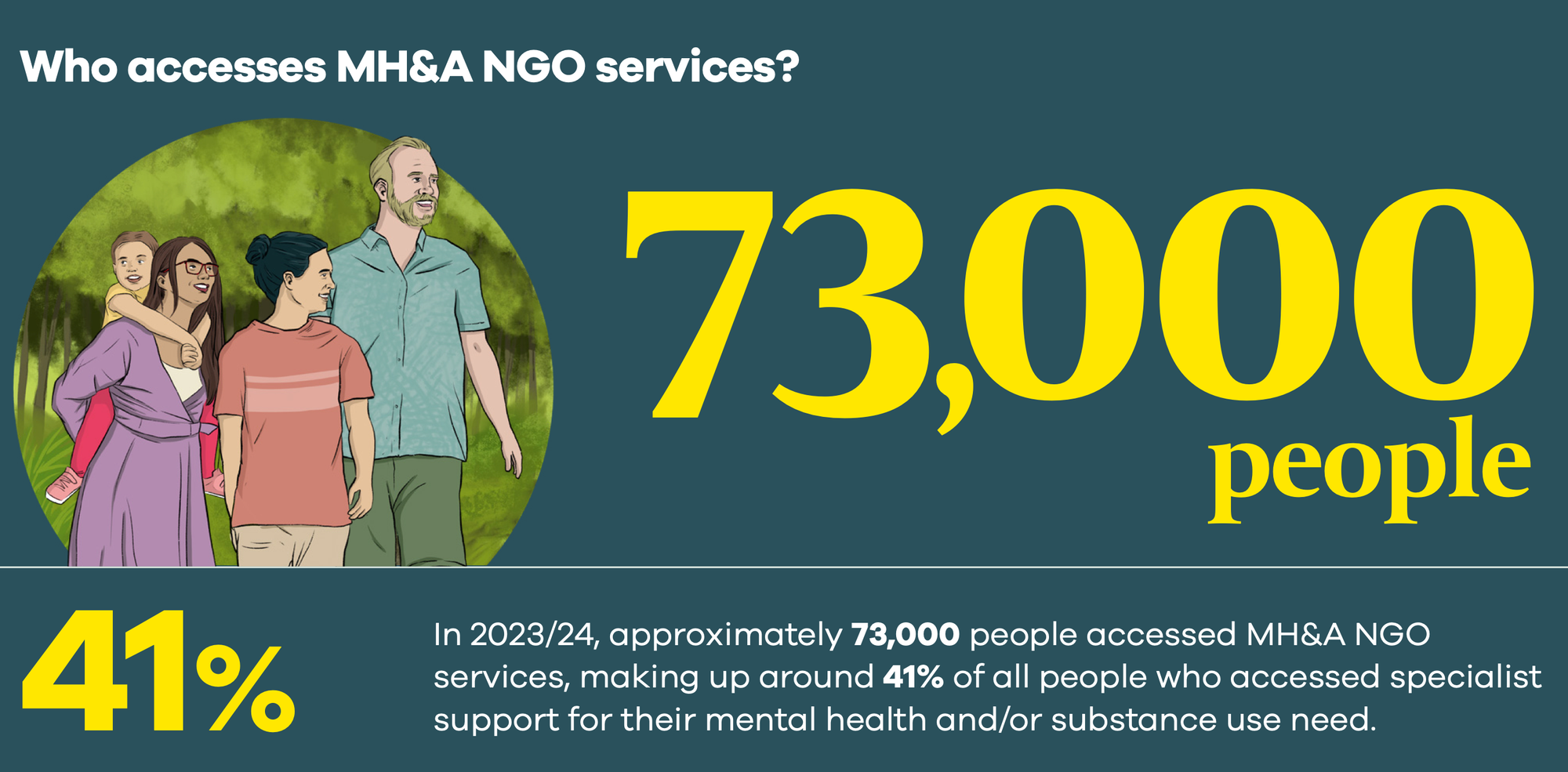
Innovation is what we do
Future shapers
Our role goes far beyond service delivery. We are embedded in the governance of the sector—often under paid, under resourced, perhaps not acknowledged enough, but always present.
We don’t just do the mahi. We also sit on strategic committees, regional planning groups, operational alliances. Not because someone funds us to be there, but because we believe in building something better. Strip that away, and who replaces that leadership? Who speaks for community. Who speaks for the people, if not the people closest to them?
Resilient community
This is fundamental to what we really are: the voice of community. I think NGO is an ugly acronym, bureaucratic and bloodless. What we are is community.
So if you removed NGOs, you’d be left with silence where once there was story, structure where there should be soul.
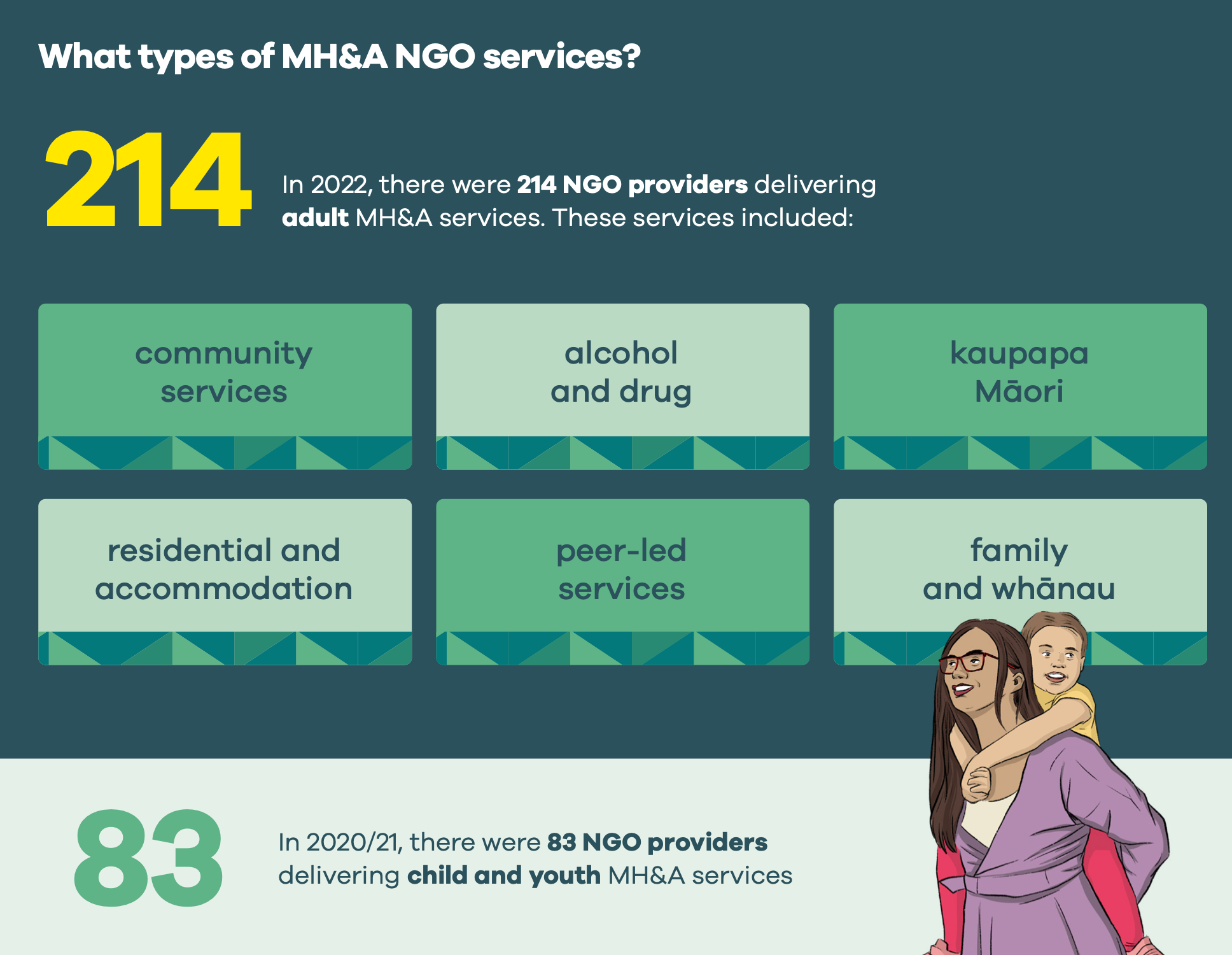
System change power houses
But what if we flipped the question? What would it take to make the future of NGOs not just viable, but powerful?
For me, it starts with system change. We keep trying to solve crises at the crisis point—overcrowded EDs, acute distress, suicide rates—and wonder why we’re always chasing our tails. But the solutions don’t sit in the hospital. They sit in the community. If we invested more in resilience where people live—in schools, families, workplaces—we wouldn’t see the same bottlenecks downstream.
Earlier and sooner
Right now, accessing mental health support is still like passing through the old asylum gates. You need to be sick enough, assessed enough, and approved enough. We still expect a psychiatrist or GP to be the gatekeeper. That’s outdated. That’s institutional logic wearing a new uniform. We need to tear open those entry points. Make it possible for people to seek support early, without always navigating a clinical maze.
Increased investment
In a perfect world, if we got upstream of trauma, maybe we’d need fewer services across the board. But we’re not there. We’re seeing increasing complexity and unmet need. So right now, we need more NGO services, not fewer. We need more flexible, fast-moving, grassroots services that respond to real lives—not the fiction of tidy spreadsheets.
If I could pull three levers tomorrow, here’s what I’d do.
Working in an NGO isn’t a stopgap. It’s a career. In fact, it’s probably the most intense learning environment you’ll ever experience. I’ve worked in DHBs, in government, but I love the creativity and chaos of an NGO. We’re adaptable, inventive, and deeply human. And that’s why so many of the best leaders in our system cut their teeth in the community sector.
If we want a future where mental health and addiction services actually meet people where they are—literally and metaphorically—then we need to stop treating NGOs as optional. We’re not the backup plan. We ARE the plan. And it’s time we were funded, respected, and understood accordingly.
If you have a view drop it in the comments box below
